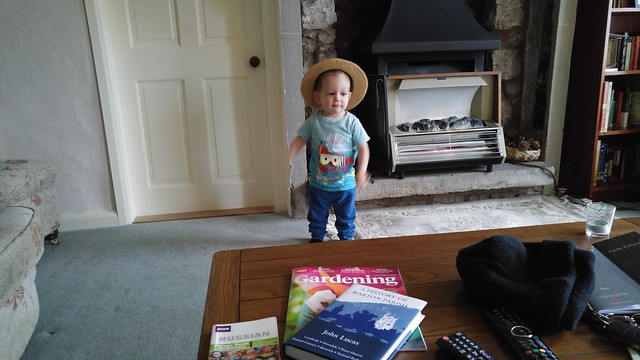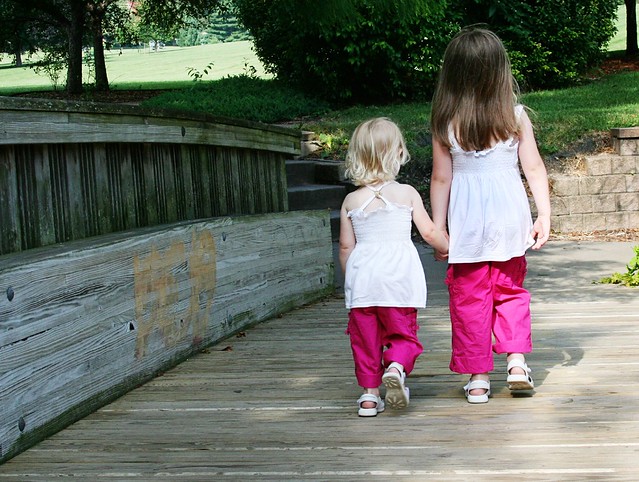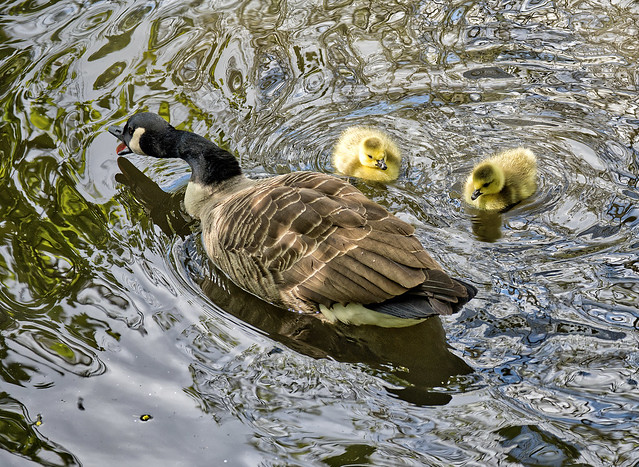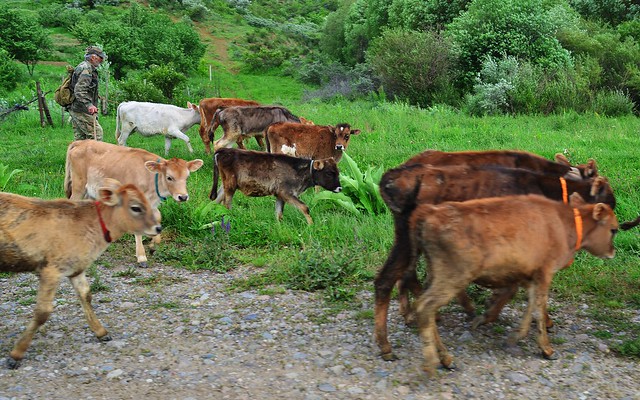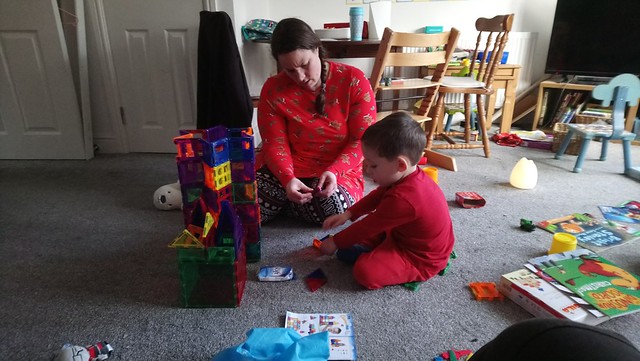Words for family, tribe, household and related things in Celtic languages.
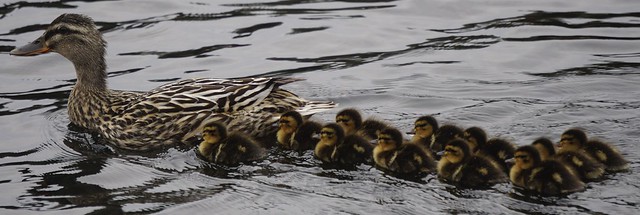
| Proto-Celtic |
*wenyā = family, kindred |
| Leptonic |
𐌅𐌄𐌍𐌉𐌀 (venia) |
| Old Irish (Goídelc) |
fine [ˈfʲinʲe] = family, kin, group of people of common descent, clan, tribe, race |
| Irish (Gaeilge) |
fine [ˈfʲɪnʲə] = family group, race, territory of a family group |
| Scottish Gaelic (Gàidhlig) |
fine [finə] = tribe, clan, kindred, phylum
ceann-fine = chieftain, clan chief
finneach = clannish, tribal, heathen
fineachas = clanship, kindred |
| Middle Breton |
gouen(n) = race |
| Breton (Brezhoneg) |
gouenn = race |
Etymology: from the Proto-Indo-European *wenh₁ (to wish, seek, desire, love, win). The name of Vannes, a town in Brittany, comes from the same Proto-Celtic root, via the Latin Veneti [source]
Words from the same PIE root include venom, Venus, wonder, wean and winsome in English, vän (friend) in Swedish, and gwenwyn (poison, venom) in Welsh [source].
| Proto-Celtic |
*tego-slougo- / *tegeso-slougo- = family, household |
| Old Irish (Goídelc) |
teglach [ˈtʲeɣlax] = family, household |
| Irish (Gaeilge) |
teaghlach [ˈtʲalˠəx] = household, family, domestic establishment, household troops, retinue
teaghlachas = domestic economy, housekeeping, establishment |
| Scottish Gaelic (Gàidhlig) |
teaghlach [ˈtʲɤːɫ̪ˠəx] = family, household
teaghlachail = domestic
teaghlachas = domesticity
teaghlach ba gréine = the solar system (poetic) |
| Manx (Gaelg) |
thielagh = family, household
mooinjer thielagh = household |
| Middle Welsh (Kymraec) |
teulu, tuyly = family, tribe, nation, household |
| Welsh (Cymraeg) |
teulu = family, tribe, nation, household; retinue, retainers, entourage, host, crowd, people
teuluaeth = household management, housekeeping, husbandry
teuluaf, teuluo, teulua = to raise a family, run a household
teuluaidd = family, familial, household, domestic
teuluedd = familiarity, concord, harmony, peace
teulueiddrwydd = hospitality; familiarity
teulues = housewife
teuluol = family, familial |
| Old Cornish |
teilu = family |
| Cornish (Kernewek) |
teylu [‘tɛɪly / ‘təɪlɪʊ] = family
hanow teylu = surname |
| Breton (Brezhoneg) |
tiegezh = household, farm, family |
Etymology: from the Proto-Indo-European *tegos (cover, roof) [source] and *slowgʰos / *slowgos (entourage) [source].
| Old Irish (Goídelc) |
muinter = community, family or household (including servants), folks, followers, attendants |
| Irish (Gaeilge) |
munitir [ˈmˠiːn̠ʲtʲəɾ / ˈmˠɪn̠ʲtʲəɾʲ] = household, community, family; associates, adherents, followers; party, retinue; kinsfolk; folk, people
muniteartha = belonging to a household or community, associated, familiar, friendly, related
munitearthacht = friendliness |
| Scottish Gaelic (Gàidhlig) |
muinntir [mɯin̪ʲd̪ʲɪr̪ʲ] = folk, kindred, people; inhabitants
muinntireas = service, servitude, residency (of a writer, etc)
muinntireach = household servant
neach-muinntir = (household) servant
bean-mhuinntir = maidservant
muinntir taighe = the household, members of the household |
| Manx (Gaelg) |
mooinjer = family, people, tribe, relations, inhabitants, kin, servants, folk, entourage, farmhand
mooinjerey = domestic
dooinney mooinjerey = cousin, kinsman, kinsfolk, relation
mooinjereys = blood relationship, connection, domestic servce, kinship |
Etymology: from the Proto-Celtic *moniterā, from *monis (protection, patronage), or possibly from the Latin monastērium (monastry,cell) [source], from the Ancient Greek μοναστήριον (monastḗrion – solitary dwelling, hermit’s cell, monastery) [source].
| Proto-Celtic |
*luxtus = people, crowd |
| Old Irish (Goídelc) |
lucht [l͈uxt] = occupants, inhabitants, possessors, household
comlucht = accomplices, companions |
| Irish (Gaeilge) |
lucht [l̪ˠʊxt̪ˠ / l̪ˠʌxt̪ˠ] = people
lucht na mbothán = frequenters of neighbour’s houses
lucht an bhurdúin = tale-bearers
lucht míghrinn = mischief-makers
lucht tréachtais = hangers-on |
| Scottish Gaelic (Gàidhlig) |
luchd [l̪ˠuxg] = person
neach [n̪ʲɛx] = person, people (plural of luchd)
neach-dàimheachd = kin, relative
neach-eòlais = acquaintance
co-neach-dùthcha = fellow compatriot / countryman |
| Manx (Gaelg) |
lught = people, folk
lught eaishtagh = listener, audience, house
lught thie = family, household, household members
colught = body of people, company, firm |
| Old Welsh |
luidt, luith = tribe, lineage, family |
| Middle Welsh (Kymraec) |
luith, llwyth = family, tribe, nation, household |
| Welsh (Cymraeg) |
llwyth [ˈɬuːɨ̯θ / ˈɬʊi̯θ] = tribe, people
tylwyth = immediate family, household (“house tribe”)
Tylwyth Teg = fair folk (elves, fairies) |
| Old Cornish |
leid, luyte = tribe, family |
| Cornish (Kernewek) |
looth = tribe |
| Old Breton |
loit = household, farm, family |
| Breton (Brezhoneg) |
leizh = tribe |
Etymology: unknown – possibly from a non-Proto-Indo-European substrate language [source].
| Proto-Celtic |
*toutā [ˈtow.taː] = people, tribe, tribal land
*toutyos [ˈtow.tjos] = tribesman, tribal citizen |
| Gaulish |
touta, teuta = people, tribe, tribal land |
| Old Irish (Goídelc) |
túath [tuːa̯θ] = tribe, laity, people, tribal territory |
| Irish (Gaeilge) |
tuath [t̪ˠuə] = people tribe, country, territory
tuathánach = countryman, rustic, peasant |
| Scottish Gaelic (Gàidhlig) |
tuath [ˈtʲɤːɫ̪ˠəx] = family, household
tuathanach = domestic
teaghlachas = domesticity
teaghlach na gréine = the solar system (poetic) |
| Manx (Gaelg) |
theay = citizens, common people, general public. laity, peasantry, public, populace |
| Middle Welsh (Kymraec) |
tut, tud = people, tribe, nation, family |
| Welsh (Cymraeg) |
tud = people, tribe, nation, family, country, territory, district, region, kingdom, land, earth
tudlen = map (of the world)
tudliw = ochre |
| Middle Cornish (Cernewec) |
tus = a nation, people, men |
| Cornish (Kernewek) |
tus = men, people, persons
tus henavek = elderly |
| Breton (Brezhoneg) |
tud = people, parents, relatives, characters
tud-kozh = grand-parents |
Etymology: from the Proto-Indo-European *tewtéh₂ (people, tribe) [source].
Words from the same PIE root include Dutch in English, Deutsch (German) in German, todo (all, every, each, everything) in Spanish, þjóð (a people, a nation) in Icelandic, [source].
The name Tudor was borrowed from the Welsh name Tudur, from the Old Welsh name Tutir, from the Proto-Brythonic name *Tʉdür, from the Proto-Celtic name *Toutorīxs, from *toutā (people, tribe) and *rīxs (king) [source].
Words marked with a * are reconstructions.
Sources: Wiktionary, Am Faclair Beag, Online Manx Dictionary, Teanglann.ie, eDIL – Electronic Dictionary of the Irish Language, In Dúil Bélrai English – Old Irish glossary, Geiriadur Prifysgol Cymru, Gerlyver Kernewek, Gerlyvyr Cernewec, Dictionaire Favereau, TermOfis, Le dictionnaire diachronique du breton, Geriafurch, English – ProtoCeltic WordList (PDF), Etymological Dictionary Of Proto Celtic

